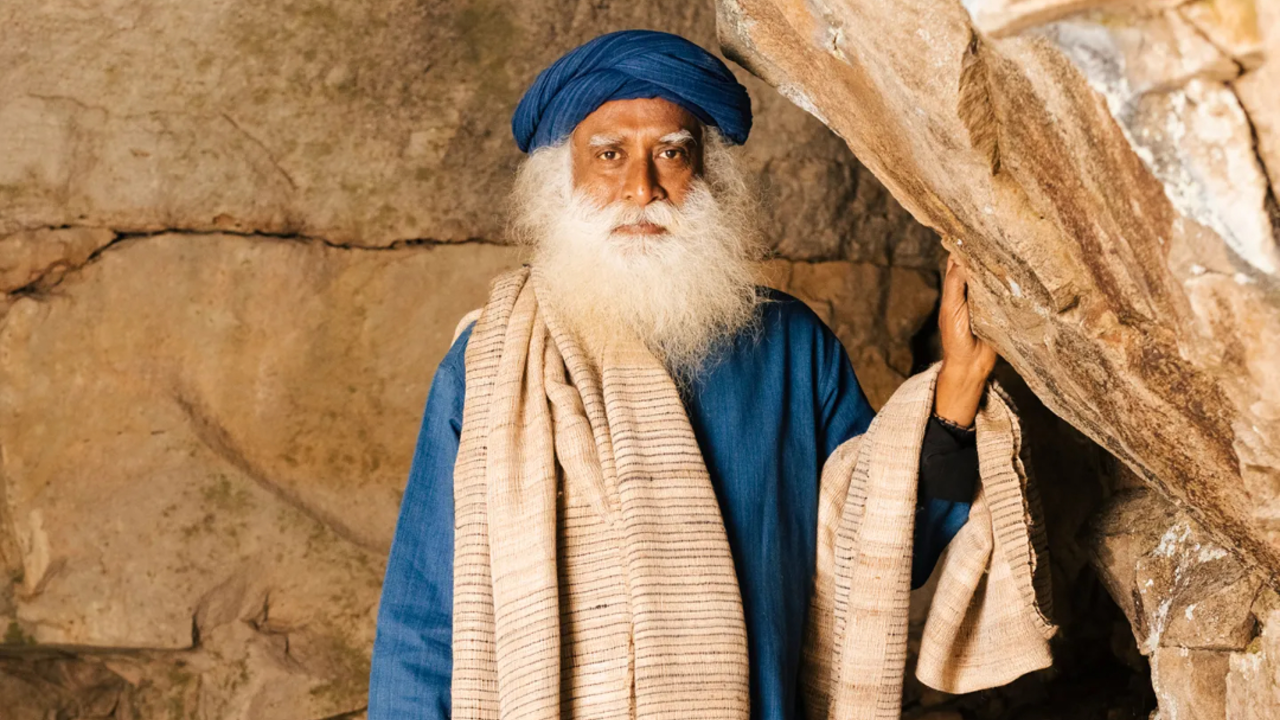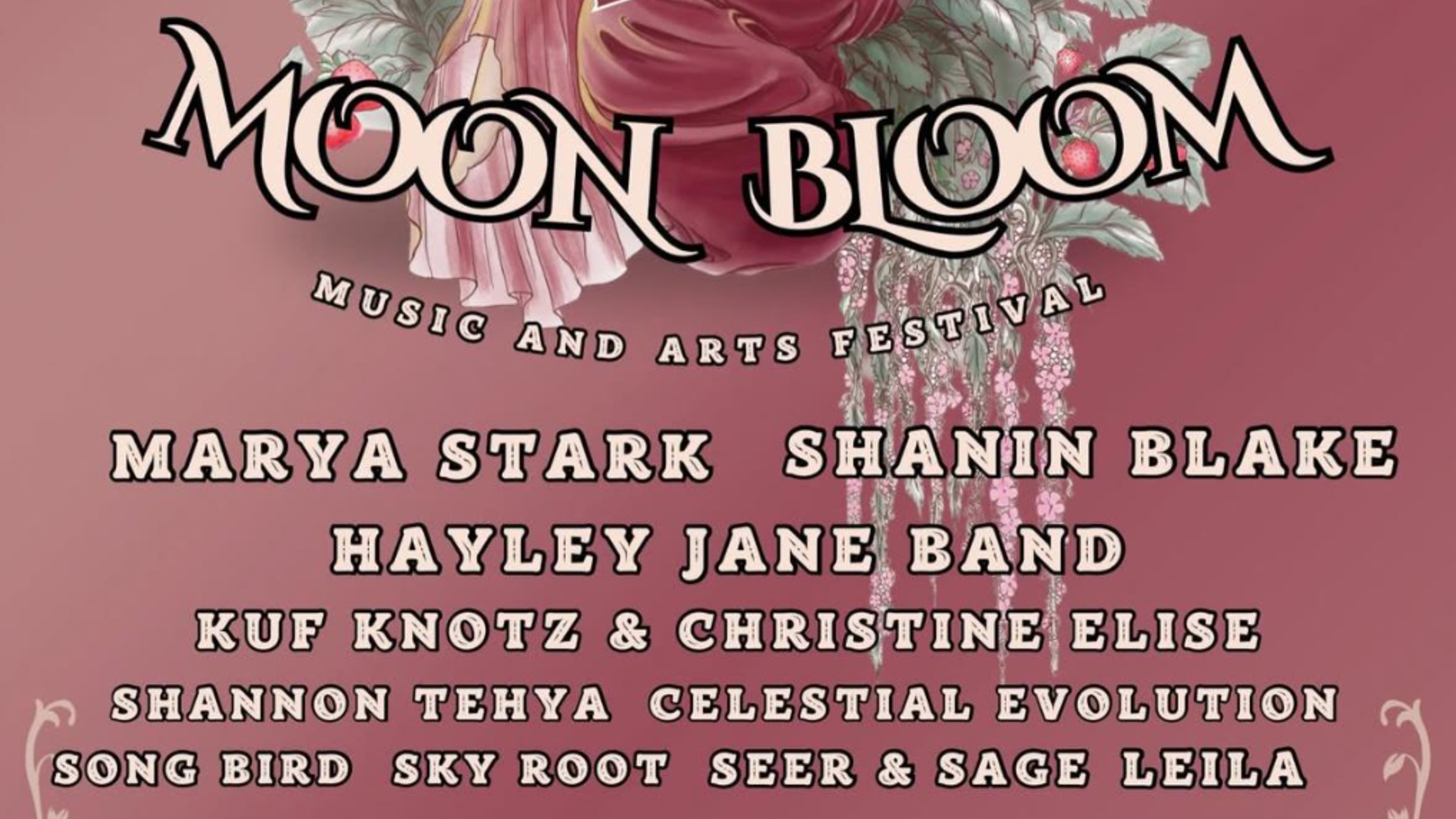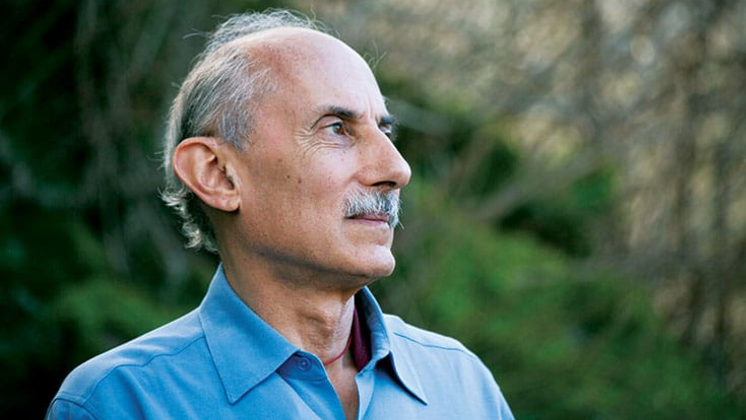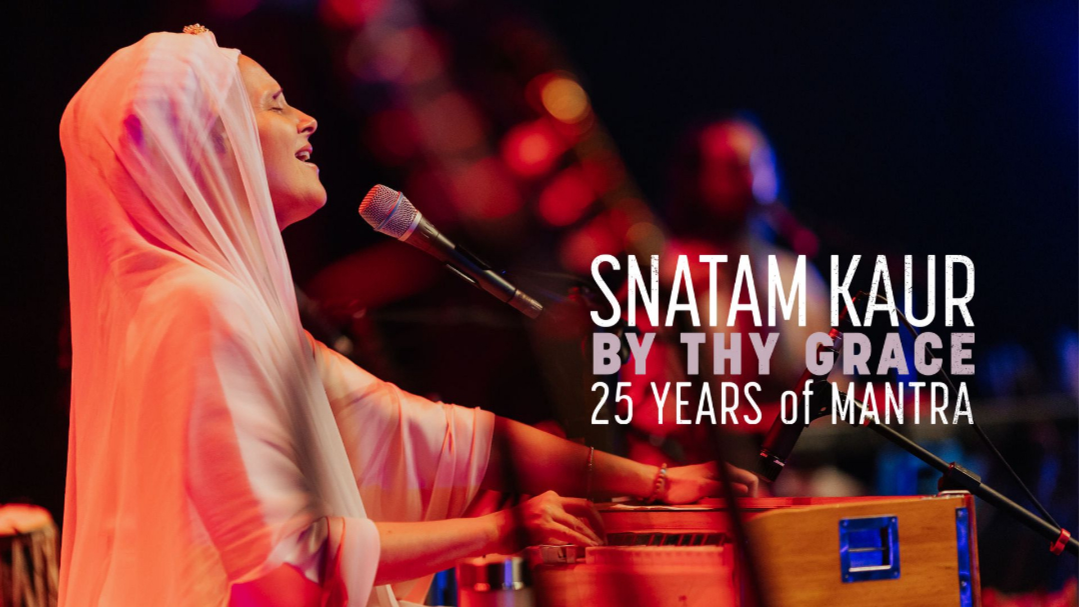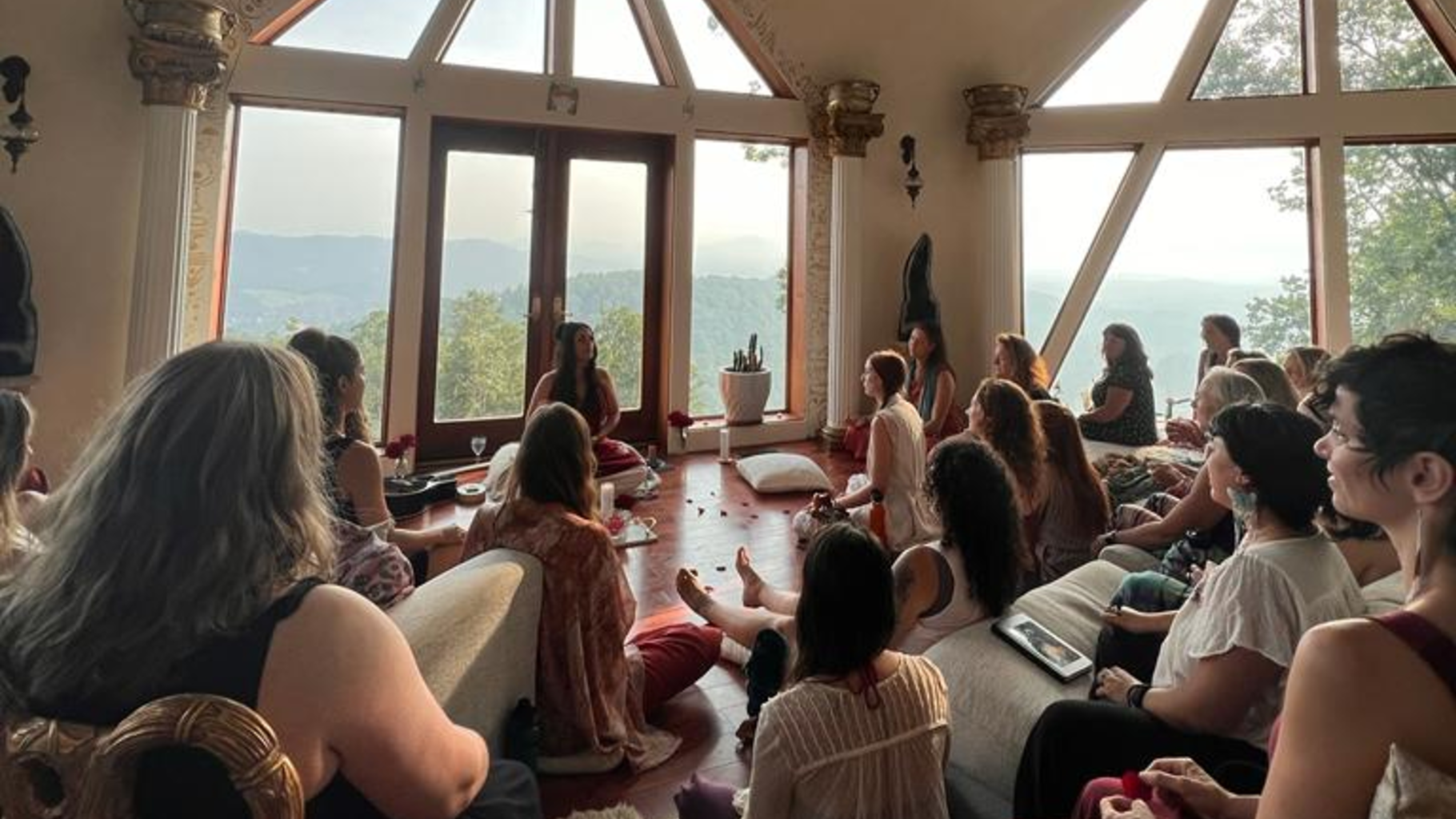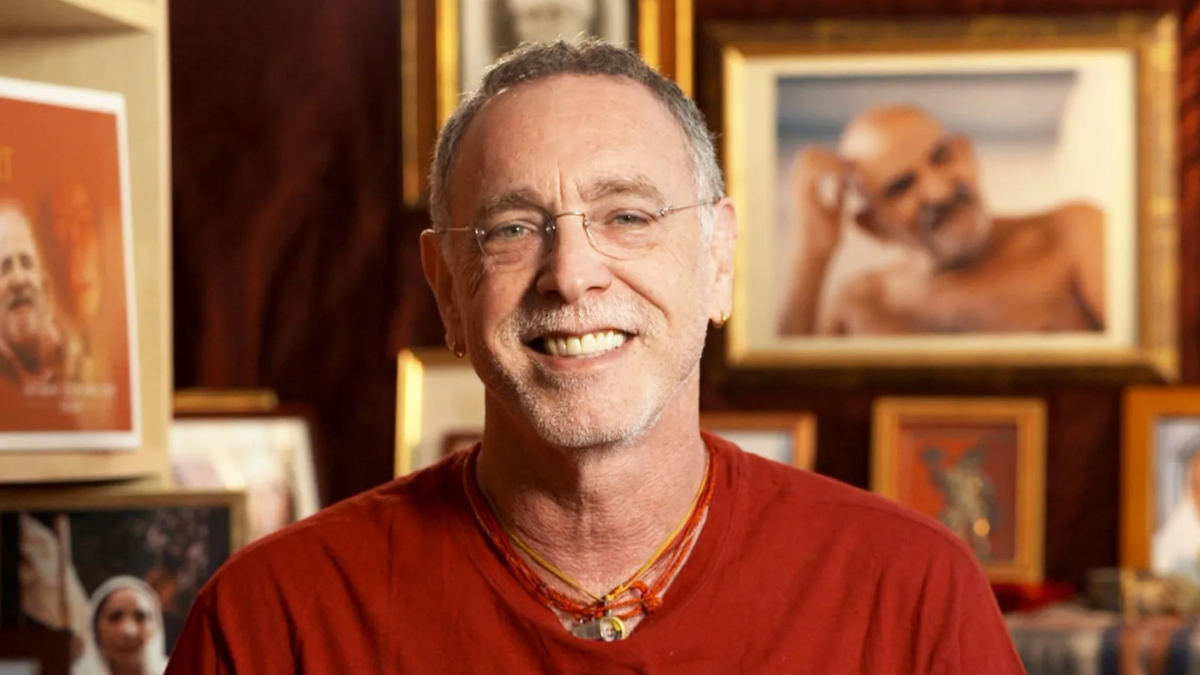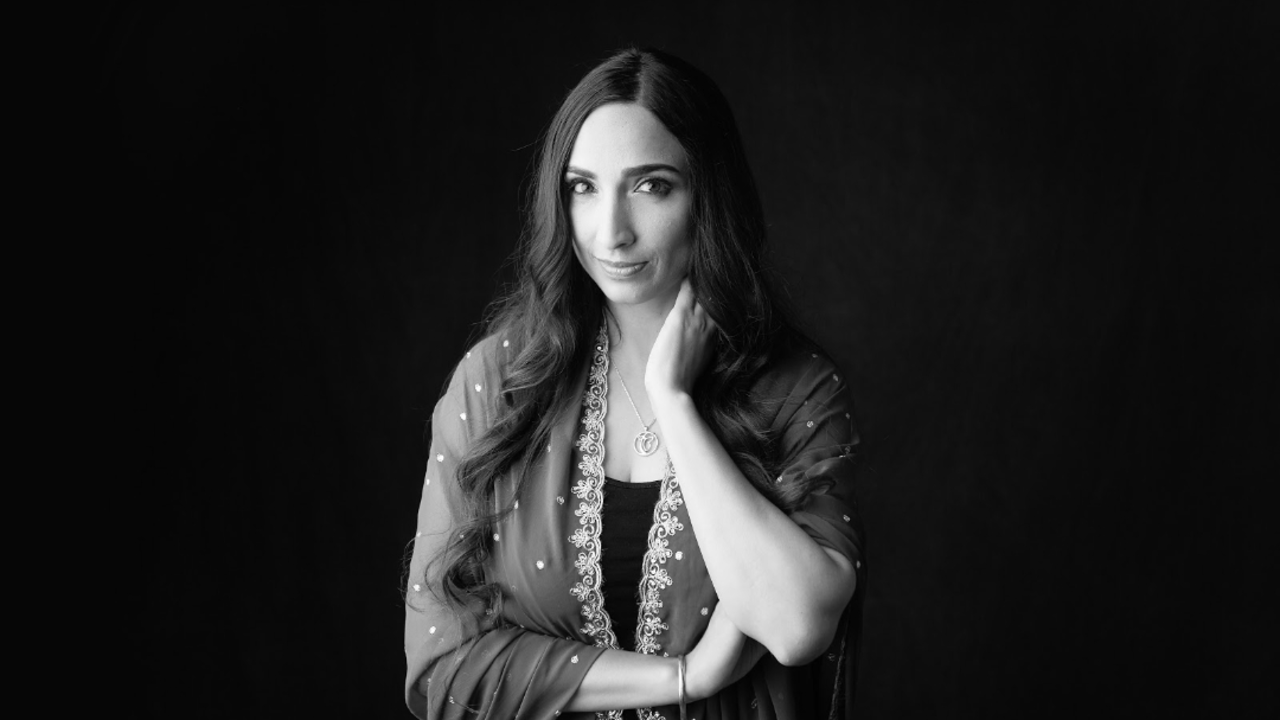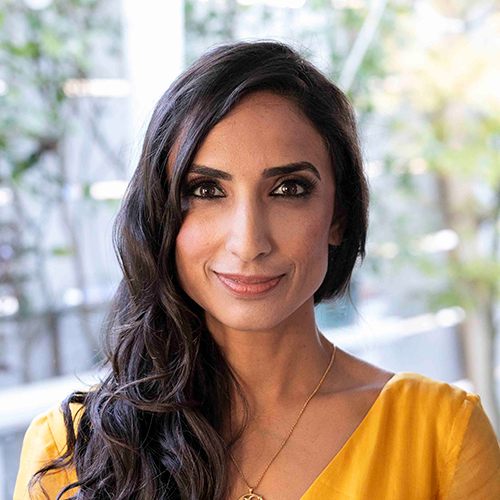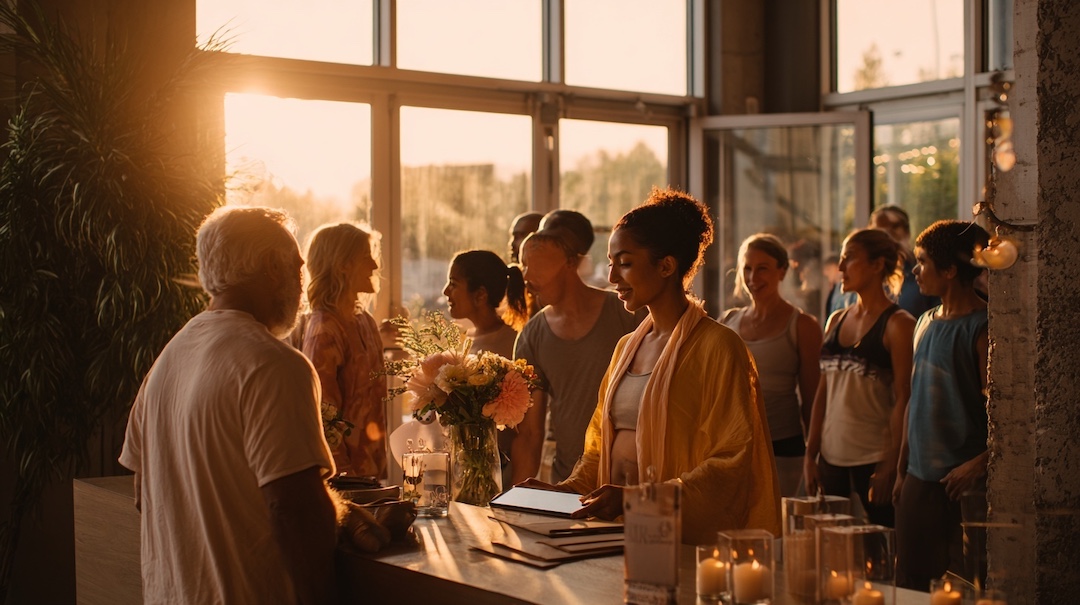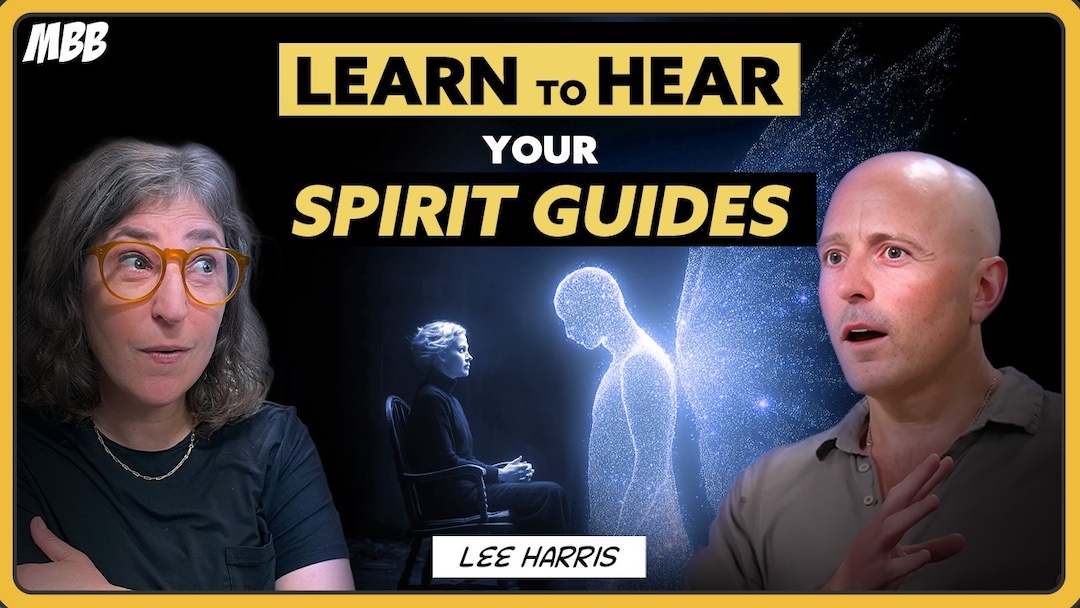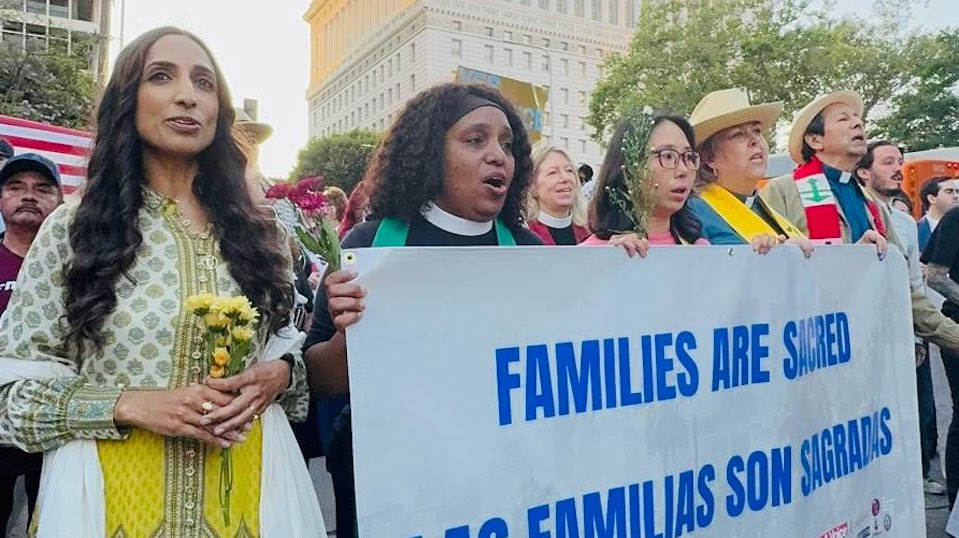
In recent days, Los Angeles has become a focal point of public grief, prayer, and peaceful protest—and at the heart of it stands Valarie Kaur, Sikh activist, filmmaker, and founder of the Revolutionary Love Project. With flowers in hand and fierce compassion in her voice, Kaur has been a visible and grounding presence during a series of faith-based, nonviolent protests calling for justice for immigrant families and an end to detentions and raids by ICE and DHS.
This is not just protest—it’s spiritual resistance.
A Six-Day Vigil of Song, Silence, and Solidarity
Over the course of six days in Los Angeles, Valarie Kaur joined hundreds of faith leaders, organizers, and concerned citizens in a sustained campaign of peaceful witness. The protests were centered around the Federal Building, where immigrant families are reportedly being detained or processed for deportation.
Instead of chants and confrontation, Kaur and others chose a tender yet powerful form of resistance: silence, flowers, music, and prayer. In an Instagram post, she described standing "with songs and flowers on our lips," creating a space of reverence and heartbreak that refused to turn away from suffering.
This “vigil-as-protest” approach reflects the essence of Kaur’s Revolutionary Love ethic—a commitment to loving others, opponents, and ourselves, even in the face of violence, fear, and division.
Spiritual Activism in Action: A Living Sermon on the Streets
At one moment, Kaur was seen laying flowers on the ground in front of the Federal Building in a public ceremony of mourning. In another, she spoke softly to DHS officers who had emerged from the building, not with anger, but with calm defiance rooted in compassion.
She later wrote:
"We placed hundreds of flowers on the steps for immigrant families. We saw the faces of DHS officers. We sang. We stayed. We will not stop."
Her message is clear: spirituality is not separate from social justice. And in times of injustice, the most radical act can be to show up with love that is fierce, grounded, and unwavering.
Why This Moment Matters: A Shift Toward Embodied, Grounded Spiritual Activism
Valarie Kaur’s presence in Los Angeles underscores a broader movement in modern spirituality—a shift away from transcendence and into grounded action. Unlike older models of activism that centered on loud protest or guru-led mysticism, today’s spiritual leaders are stepping into the public square with embodied compassion, intersectional awareness, and a fierce sense of responsibility.
Younger generations, especially Millennials and Gen Z, resonate deeply with this new wave of integrated spirituality. It doesn’t hide in temples or yoga studios. It meets power in the street. It weaves prayer into protest and soul into strategy.
Revolutionary Love as a Framework for Change
Kaur’s framework of Revolutionary Love continues to evolve as a leading philosophy of spiritual activism in America. Rooted in Sikh teachings, it advocates for:
- Loving others (especially those who are marginalized)
- Loving opponents (without surrendering accountability)
- Loving ourselves (as a form of resilience and sustainability)
In the face of ICE raids, family separation, and ongoing detentions, this philosophy offers a new blueprint for engaged, nonviolent resistance that transcends partisanship and centers human dignity.
How to Get Involved
If you’re moved by Valarie Kaur’s actions in Los Angeles, there are several ways to engage:
- Follow @valariekaur on Instagram for real-time updates and calls to action.
- Visit revolutionaryloveproject.org to learn more about the movement and its core teachings.
- Join or organize local vigils using the Revolutionary Love framework—bringing prayer, music, and silence to spaces of injustice.
- Support organizations providing legal aid, sanctuary, and direct support to immigrant families.
Final Reflection: Love as Public Witness
In an age of rage and division, Valarie Kaur reminds us that love is not soft—it is a form of moral courage. Her actions in Los Angeles are not isolated moments but part of a growing tapestry of spiritually-rooted justice work that invites all of us to show up, not just in meditation halls, but in city streets, courtrooms, and detention centers.
The path forward isn’t paved with slogans—it’s sown with flowers, breath, presence, and the willingness to stay when it’s hard.
Looking Ahead: BrightStar x Valarie Kaur
BrightStar is honored to now be working in partnership with Valarie Kaur and the Revolutionary Love Project. We are currently in the process of organizing several live events with Valarie this fall—cities and dates to be announced soon.
These upcoming gatherings will offer a rare opportunity to experience Valarie’s teachings on Revolutionary Love in person, in community, and in action. Stay tuned to BrightStarEvents.com and our social channels for updates.



